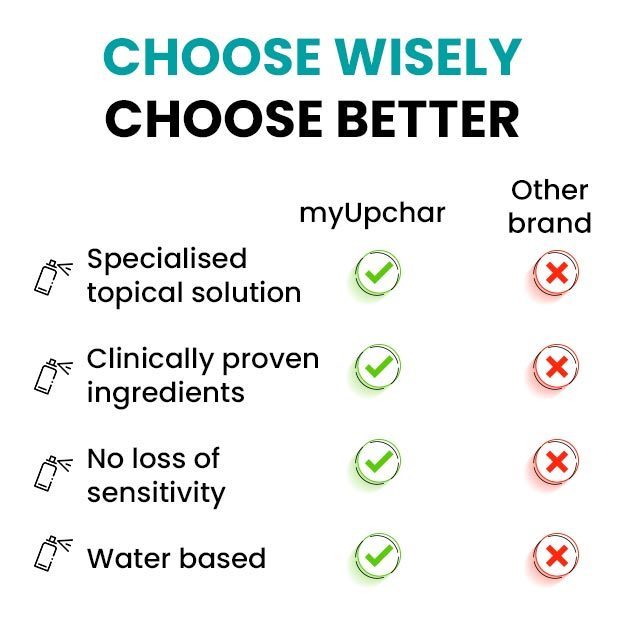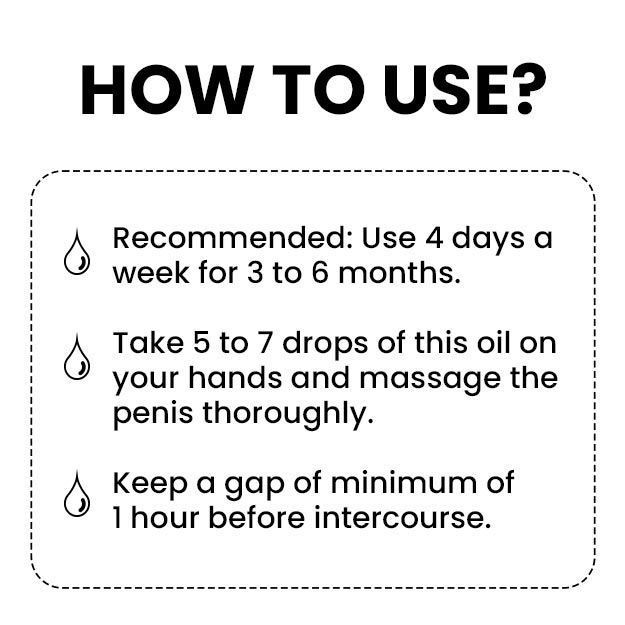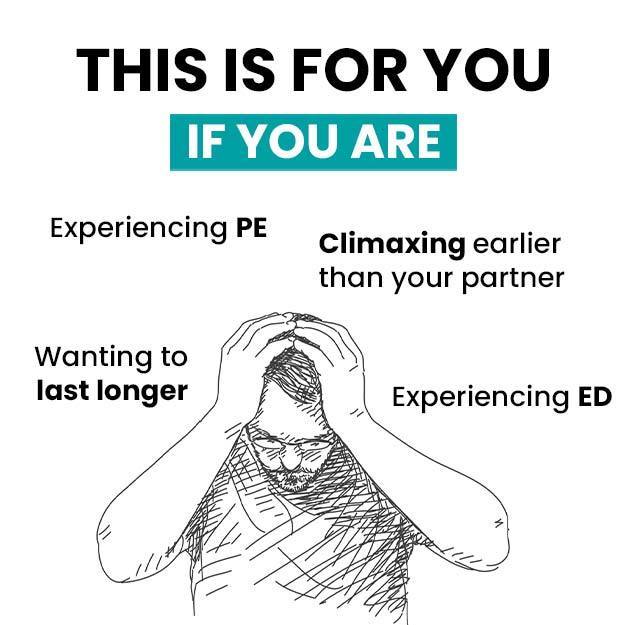The world often tries to sell you the idea of a perfect relationship or a perfect partner - both of these expectations can be dangerous, as they may leave you feeling disappointed. We’re all only human after all, and can’t be expected to be perfect all the time.
But a perfect relationship is different from a healthy relationship. A healthy relationship is one that creates a positive environment for your partner and you to grow and prosper in - together, as well as individually.
Naturally, our relationships have a bearing on our physical and mental health, too. Someone who is in an unhappy relationship may experience more anxiety and stress. Whereas someone in a loving and supportive relationship is likely to be less stressed (and therefore healthier).
A meta-analysis on "How Much Does Love Really Hurt?" - published in the Journal of Relationships Research brought out by Cambridge University Press - found a "statistically significant but modest relationship" between the quality of relationship, breakups and mental health in adolescents (13-17 years old) and young adults (aged 18-29).
Another study - published as "Caught in a Bad Romance: Adolescent Romantic Relationships and Mental Health" - with over 5,000 teens found a link between the failure to have an "ideal" romantic relationship and severe depression, suicidal thoughts and suicide attempts in adolescent girls.
Of course, the ill-effects of a bad relationship aren't limited to young love. Many studies have focused specifically on the quality of a marriage and its impact on physical health. Case in point: a 2001 article - "Marriage and health: His and hers" - published in the American Psychological Association's journal, Psychological Bulletin, looked at 64 articles published between 1991 and 2001 to assess the relationship between a bad marriage and poor health. Here's what the researchers found: "Marital functioning is consequential for health; negative dimensions of marital functioning have indirect influences on health outcomes through depression and health habits, and direct influences on cardiovascular, endocrine, immune, neurosensory, and other physiological mechanisms."
A happy relationship, on the other hand, can have a positive effect on health. Research shows that people with chronic health conditions like diabetes are more likely to practice self-care if they are in a loving, committed relationship.
A large study with 55,000 middle-aged and older people in 16 countries across Europe also found that being married and having children - or what the researchers called "family status" - contributed to greater life satisfaction and fewer mental health problems in older age. The findings of the study were published in PLOS ONE, a peer-reviewed journal, in 2019.
To be sure, there are many different definitions of a healthy relationship. But some factors remain common: trust, communication, honesty, respect and love. Of course, this doesn’t mean having to divulge every single thought, blindly trusting your partner or even loving them more than you love yourself. No, there is a delicate balance to everything. A healthy relationship does not translate to unconditional love - that’s an unreasonable expectation. People change, their priorities change and you need to know at which point the relationship isn’t healthy anymore and when it has reached the point of not being salvageable.
Here are a few tips that might help you do that.


































